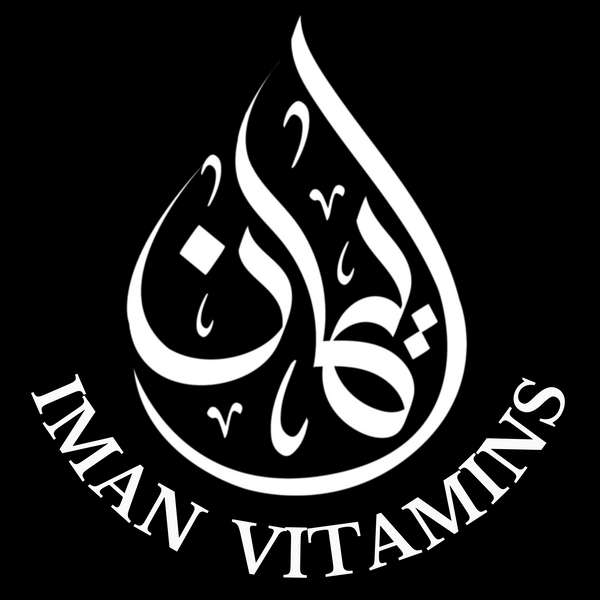Understanding Halal Certification: A Guide for Consumers
Halal certification is a topic that has gained significant attention in recent years, particularly within the food industry. With the growing Muslim population and increased demand for halal products, it is essential for consumers to understand what halal certification entails and how it affects their purchasing decisions.
What is Halal Certification?
Halal certification is a process by which a product or service is deemed permissible or lawful according to Islamic law (Shariah). It involves a thorough examination of the ingredients, production methods, and handling processes to ensure that they comply with the Islamic dietary laws.
Halal certification is not limited to just food products; it also extends to cosmetics, pharmaceuticals, and other consumer goods. The certification process is typically carried out by a recognized halal certification body, which assesses the compliance of the product or service with the relevant halal standards.
Why is Halal Certification Important?
For Muslim consumers, halal certification provides assurance that the products they consume or use are in line with their religious beliefs and practices. It gives them confidence that the products have been produced and handled in a manner that is consistent with Islamic principles.
Halal certification also plays a crucial role in facilitating trade and commerce, especially in countries with significant Muslim populations. It allows businesses to tap into the growing halal market and cater to the specific needs of Muslim consumers.
How to Identify Halal-Certified Products?
Halal-certified products are typically labeled with a halal logo or symbol, indicating that they have undergone the necessary certification process. These logos are usually displayed prominently on the packaging, making it easier for consumers to identify halal products.
Consumers can also refer to online databases or mobile applications that provide information about halal-certified products and services. These resources allow users to search for specific products or brands and verify their halal status.
Conclusion
Understanding halal certification is essential for consumers who wish to make informed choices about the products they purchase. By familiarizing themselves with the certification process and learning how to identify halal-certified products, consumers can ensure that their purchases align with their dietary and religious requirements.
Excerpt: Halal certification is a process by which a product or service is deemed permissible or lawful according to Islamic law (Shariah). It involves a thorough examination of the ingredients, production methods, and handling processes to ensure that they comply with the Islamic dietary laws. Halal certification is not limited to just food products; it also extends to cosmetics, pharmaceuticals, and other consumer goods.

